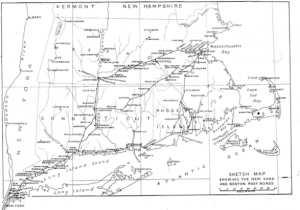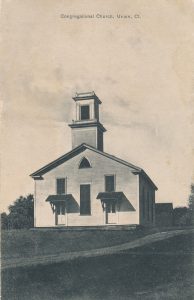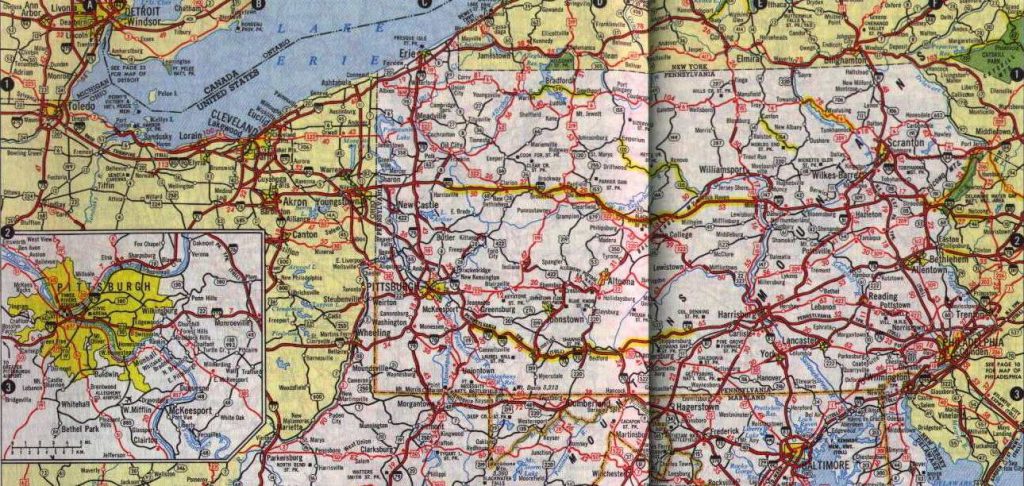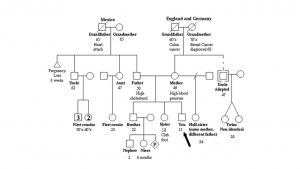 When the genealogy bug hits, one of the earliest field trips a budding genealogist makes is to a cemetery. Cemeteries are rich in history. The grave marker inscriptions reveal our ancestor’s death date, and perhaps age at death or date of birth. If we are fortunate, we also learn the names of spouses, maiden names, and names of children in a cemetery.
When the genealogy bug hits, one of the earliest field trips a budding genealogist makes is to a cemetery. Cemeteries are rich in history. The grave marker inscriptions reveal our ancestor’s death date, and perhaps age at death or date of birth. If we are fortunate, we also learn the names of spouses, maiden names, and names of children in a cemetery.
But how many of us pay attention to the grave markers themselves? There are substantial differences in the markers of the colonial period and the stones of later centuries. Continue reading Stories in stone








